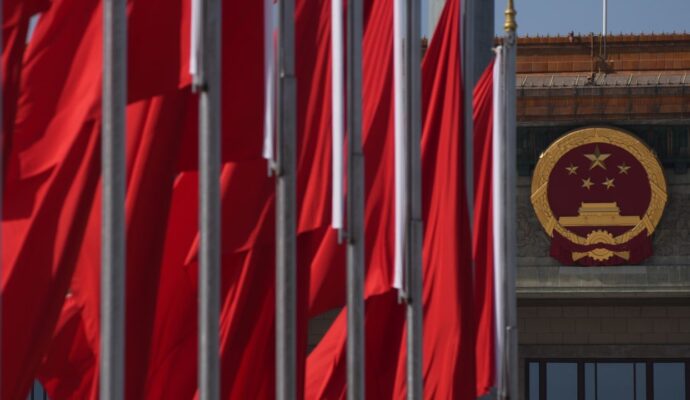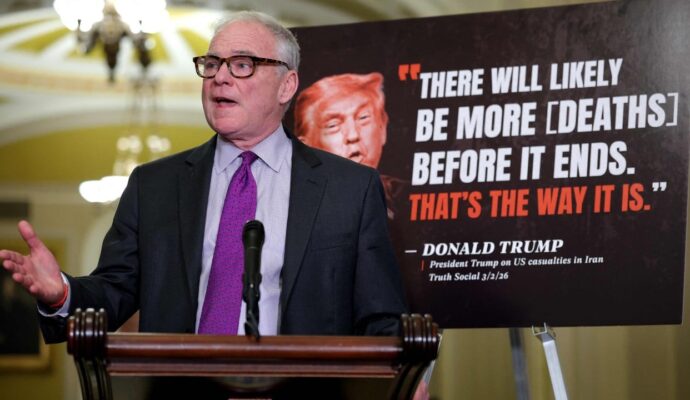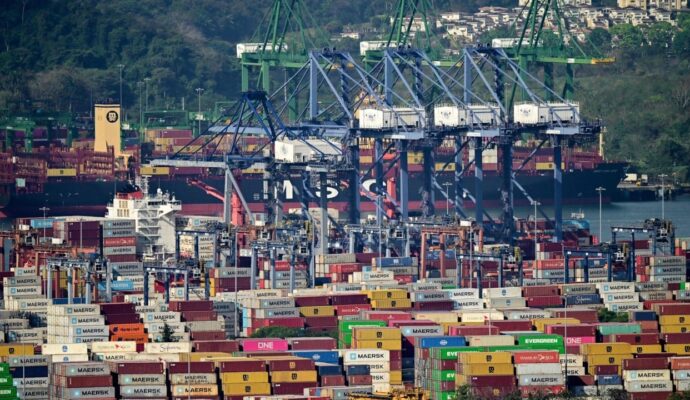She stressed that Washington was not following a winner-take-all approach or seeking an economic advantage over China, but wanted to ensure a healthy competition with a “fair set of rules” to benefit both sides in the long run.
He responded that Beijing regretted that “unexpected incidents” had derailed efforts to improve China-US ties following a meeting between Presidents Joe Biden and Xi Jinping in November last year.
“There were some problems in the implementation of the consensus reached by the two heads of state,” he said, though he did not elaborate further.
In February Secretary of State Antony Blinken cancelled a planned visit to China after an alleged spy balloon was downed by the US military. The visit eventually went ahead last month and last week the Pentagon said the balloon had not collected any information.
Yellen will spend four days in China as part of the efforts by both sides to repair their strained relationship. During a meeting with Premier Li Qiang on Friday, Yellen said she hoped her visit to China could “spur more regular channels of communication”.
Speaking to Chinese and international climate experts earlier on Saturday, Yellen said the world’s two largest economies must work together to tackle global warming, adding that previous cooperation, such as the 2015 Paris Agreement, had made global breakthroughs possible.
“As the world’s two largest emitters of greenhouse gases and the largest investors in renewable energy, we have both a joint responsibility – and ability – to lead the way,” Yellen said, adding that climate change was “at the top of the list of global challenges”.
Both governments want to support emerging markets and developing countries as they strive to meet their climate goals, she said.
She also asked Beijing to support multilateral climate institutions such as the Green Climate Fund and the Climate Investment Funds for a “greater impact than we do today”.


